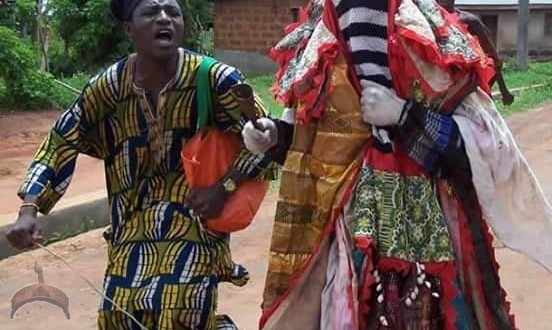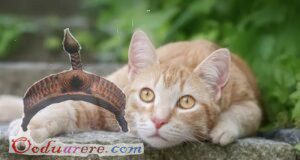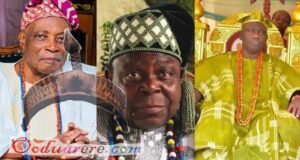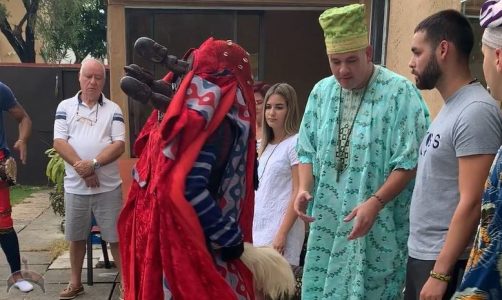Among the Yoruba, immortality is not personal and perpetual, but rather communal and recurring. Every person is presumed to have at least two souls: an individual and transient soul represented by “breath of life” (emi) and an ancestral guardian soul (iponri), which at death (if the person had led a morally responsible life) returns to something like a pool of spiritual essences in order to reincarnate again. It is the soul of a recent ancestor that comes back to life as iponri with a newly-chosen destiny to live out, but this in turn is part of the soul of a more remote ancestor whose essence is thus shared among a host of descendants.
The gods (orisha) of Yorubaland are similarly connected to lineage. On the psycho-biological level, the iponri is presumed to be fashioned of an elemental admixture shared with one of the gods, whom the newly-born is thus predisposed and eventually (were it not for modern interference of Islamic and Christian spiritual forces) obligated to worship. Thus, if one’s essential, ancestral self contains a certain combination of fire, water, and wind, one should come to maturity serving the goddess Oya.
Furthermore, although some Yoruba and their interpreters speak of Orisha as once-powerful personalities who became gods, another reasonable way of speaking of their genesis on earth is to suppose that Orisha are ancestors who managed to tap and control certain natural energies with which they henceforth became associated. The ancestor who mastered fire and the mystery of metallurgic transformation became “Ogun.” A rain-maker became “Shango.” A woman who could control the River Niger’s flood and direct the force of tornados became “Oya.”
Egungun’s origin among the Oyo Yoruba in historical time European abstraction is conceptually foreign to Africa. What’s interesting about it, including the spirits inhabiting its various deeps and rapids, is local with relation to the human community it affects. Similarly, what we think of as Yorubaland in south-western Nigeria was originally a complex of towns (like Greek city states) ruled by kings, to which smaller communities ruled by chiefs paid tribute in order to avoid trouble.
The word “Yoruba”, which reportedly means “cunning”, was originally applied to those within the Oyo orbit by their Hausa neighbors (themselves great traders). Missionaries risked offending various other groups like the Ife, Egba, and Ekiti, for example, by calling the language such peoples spoke and into which they hoped to translate the Bible “Yoruba”. To confuse the cultural contributions of Oyo subgroup with those of the “Yoruba” as a whole would be untrue to the way things are. But in speaking of Egungun, or of Shango, or of Oya, or of the lesser known Orisha Bayanni, one legitimately involves the Oyo-Yoruba as original stage-managers of these magnificent productions, which are inter-related. Bata drums play for all of them, and traditionally for no others. At Shango or Oya festivals Egunguns are required to “come out.” And conversely, one cannot speak of Egungun on the mythological level nor on the tonsorial level without reference to Oya, Shango.
 Ọmọ Oòduà Naija Gist | News From Nigeria | Entertainment gist Nigeria|Networking|News.. Visit for Nigeria breaking news , Nigerian Movies , Naija music , Jobs In Nigeria , Naija News , Nollywood, Gist and more
Ọmọ Oòduà Naija Gist | News From Nigeria | Entertainment gist Nigeria|Networking|News.. Visit for Nigeria breaking news , Nigerian Movies , Naija music , Jobs In Nigeria , Naija News , Nollywood, Gist and more









